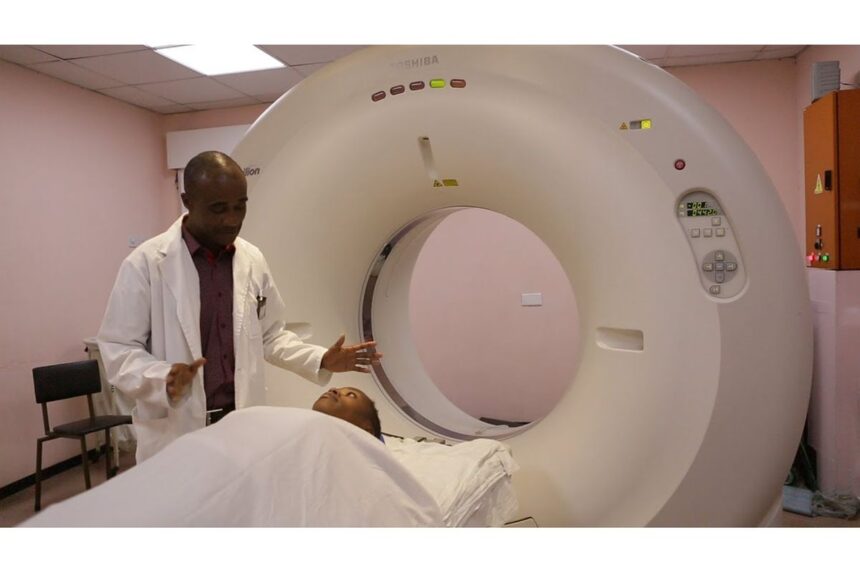Tanzania has set a bold target to reduce cancer deaths by 30% by 2030, as the country grapples with rising cases of non-communicable diseases. Cervical cancer is the leading killer among women, while prostate and oesophageal cancers dominate among men.
Health experts cite late diagnosis, limited specialists, and costly treatment as key challenges. But with new investments, global partnerships, and modern facilities at the Ocean Road Cancer Institute (ORCI), the country aims to become a regional hub for cancer care.
“We want to save more lives, and our goal is clear,” said ORCI Executive Director, Dr. Diwani Msemo, while announcing Tanzania’s first International Oncology Conference scheduled for February 2026 in Dar es Salaam.
According to the Ministry of Health, tens of thousands of new cancer cases are reported annually, with nearly 68% of people screened showing risk factors.


